KYC Binance user data leak and VIP accounts fraud
The leak of user data KYC Binance occurred around August 2019, at least it became known then. This story, like everything else, shows the deceitful essence of the pseudo-exchange Binance and its zero responsibility in relation to users, their financial assets or personal data.On the network has spread information that the Bitcoin exchange Binance was allegedly hacked and “thousands of KYC data” of users found themselves in one of the Telegram messenger groups.
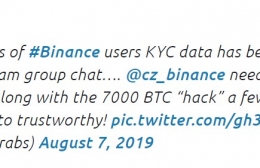
The head of the exchange, Changpeng Zhao, has already commented on the situation, stressing that the incident is being investigated and additional information will appear very soon.
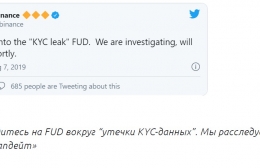
Soon after, Zhao posted a tweet in which he noted that "the news is old, it is just a different interpretation."
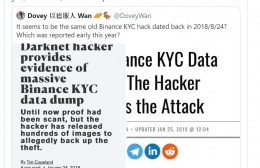
Zhao then retweeted a video briefly explaining the situation, which says the data had been leaked back in January.

After that, Binance released a statement regarding the situation.
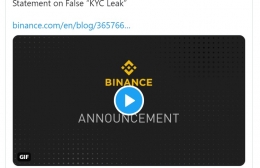
According to representatives of the exchange, some "unidentified person threatened and terrorized" the company, demanding 300 BTC. Binance refused to cooperate with the blackmailer and he soon began to spread data on the network.
“First of all, when comparing this data with information in our system, were revealed inconsistencies. To date, no evidence has been presented that any KYC data photos were obtained from Binance. These images do not contain a digital watermark, which is placed by our system, ”said representatives of the popular exchange.
Binance also added that the exchange's security service is working hard to determine the source of the images. For any information that will help identify a given person, the exchange is ready to offer a reward of up to 25 BTC.
Binance will provide lifetime VIP accounts to all data leak victims:
The largest cryptocurrency exchange Binance has published an update regarding the leak of user data.
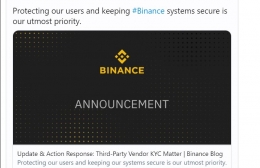
The marketplace representatives stressed that work on solving the problem continues and over the past several weeks the Binance team has been diligently searching for "the source of the leak of KYC images that resemble Binance KYC images published by an unidentified hacker."
"The latest findings from the investigation indicate that some of the leaked images match images processed by a third-party service provider that Binance contacted several times from early December 2017 to late February 2018," the popular exchange said.
However, the investigation revealed many edited images that do not match those stored in the Binance database. Also, the images were missing an exchange-placed digital watermark.
Binance emphasized that they are using reliable measures to protect user assets and data, including an updated KYC verification system and an artificial intelligence-based facial recognition feature, launched in 2018. In addition, the exchange stores personal data of customers using advanced information security technology, updated in 2019.
“We are actively contacting potential victims, giving them advice on protecting confidential information and discussing the possibility of compensation for damage. We also strongly recommend that affected users get new documents in their regions,” Binance said.
The exchange promised users to provide lifelong VIP accounts as compensation, which includes "preferential trading commissions, support and other services." Binance also urged affected customers to contact support to resolve loss issues.
We are reminding that in early August, the network spread information that "thousands of KYC data" of Binance users were in one of the groups of the Telegram messenger.
Later, representatives of the exchange said that some "unidentified person threatened and terrorized" the company, demanding 300 BTC. Binance refused to cooperate with the blackmailer and he soon began to spread data on the network. After some time, a hacker under the pseudonym Bnatov Platon, in a conversation with CoinDesk, said that he was able to track down the attackers who hacked Binance in May, and that he had 60,000 files with KYC data of exchange users at his disposal.
They deceived: Binance did not provide lifetime VIP accounts for those who suffered from a KYC leak:
The head of Binance, Zhangpeng Zhao, first denied it, but under irrefutable facts, he nevertheless admitted that the KYC data leak really took place:
"The latest investigation results indicate that some of the leaked images match images processed by a third-party service provider that Binance contacted several times from early December 2017 to late February 2018," the popular exchange said.
Zhangpeng Zhao promised VIP accounts to everyone affected by the KYC leak. Until now, none of the victims has had a single account updated to VIP. Instead, Binance zeroed out the victims' verification. Binance did not keep its word by not providing lifetime VIP accounts to victims of the KYC leak. The customer's selfie database, instead of scans of their documents (on both sides), freely floats in the public domain. Hackers and carders use these documents for verification in other services to launder money.
There are real victims. Zhangpeng Zhao ignores the problem and pretends nothing happened. The reality of the leak is fact, the data is available on the Internet, let's say on the Bitcointalk.org forum:

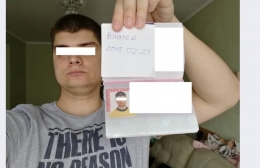
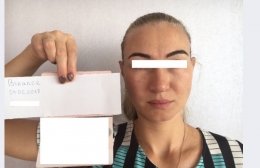
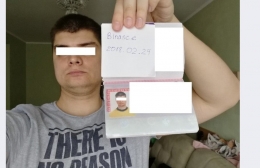

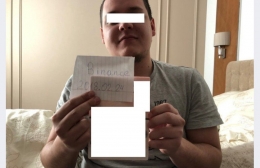
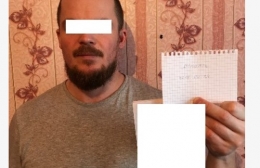
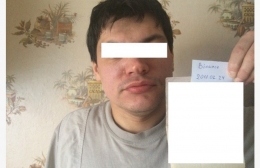
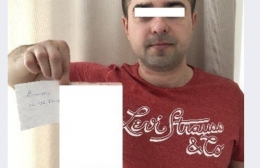
Sad conclusion: The Binance exchange being in an offshore zone makes it possible to spit on the legislation of any country, lie, deceive and engage in outright scam. In a civilized country, it would be possible to go to court or to a regulator, in an offshore zone – do what you think. In this situation, Binance tried to hide the facts of leakage of user data KYC because technical glitches are a "quality mark of Binance casinos", even when traders lose real money due to technical fault of Binance, let's say $ 86,000. After they could not hide it, they promised gifts (the value of gifts for a crime in terms of disclosing personal data of users is zero), when everyone calmed down and forgot the story. Even VIP statuses were not allocated to clients. And who needs to give discounts on commissions from trading to almost all of their clients – no one. Privacy legislation is not about Binance, like any legislation in any country.
Basically, as in the story with the NDA Agreement, at the time of signing, you are promised money. After signing the NDA Agreement, they don't remember you, they don't know you, and they don't owe you any money. Do you have a legal contract in your hands? You can go to the toilet with it or you can try to sue somewhere ... in Singapore or on Mars.
An underground casino, another lie, deception, scam and zero liability in the provision of services to users.
28.07.20
Search by keyword:
